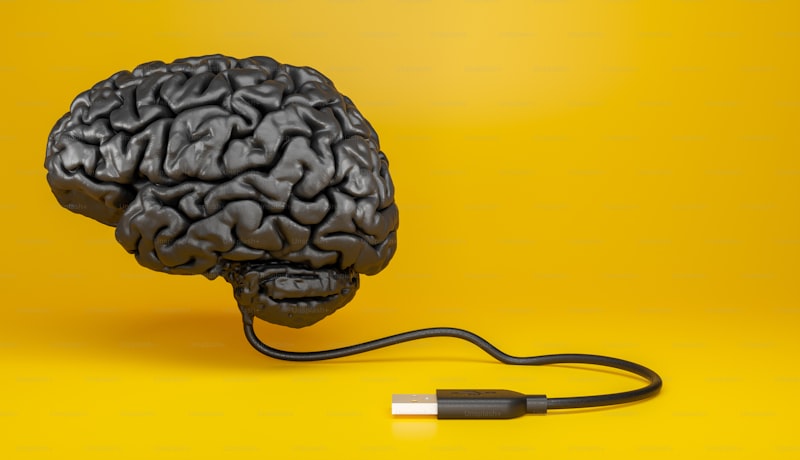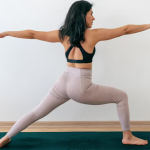New research indicates that yoga can increase the thickness of the cortex – the brain’s language and memory control centre.
A recent study from Brazil has revealed evidence that regular yoga practice can help ‘train’ the brain. “In the same way as muscles, the brain develops through training”, says Elisa Kozasa of Hospital Israelita Albert Einstein in Sao Paolo, Brazil, who authored the research alongside eight colleagues.
In our aging society, with dementia and Alzheimer’s on the rise, the search for ways to preserve mental acuity, short and long-term memory and general sharpness has been brought to the fore of popular consciousness.
The cost to society of cognitive decline in later life is estimated to cost at least $157 billion per year in the U.S alone, so the results of this study hold potentially powerful implications.
The study scanned the brains of 21 women over 60 with longstanding yoga practices of over 15 years, and compared them with 21 women ‘naive to yoga, meditation or any mind-body intervention’. The longtime yoginis showed significantly greater cortical thickness in the ‘left prefrontal lobe areas associated with attention and other executive functions’, the study reported.
Responsible for language and memory, the prefrontal cortex is stimulated by yoga’s engagement of muscles in a state of heightened attention, because this is where the the brain processes the information it receives from yoga postures. The effects are similar to those seen in meditation, with results of this study echoing those from a 2016 study which found that yoga can help the elderly improve faltering memory.
The findings are published in the journal Frontiers in Aging Neuroscience, though they aren’t yet definitive as researchers concede that it’s possible (if unlikely) that people with higher-than-usual cortical thickness are drawn to yoga. Overall, this is an exciting call for more research and for people of all ages to take to their yoga mats.
Read the full story at Pacific Standard.













